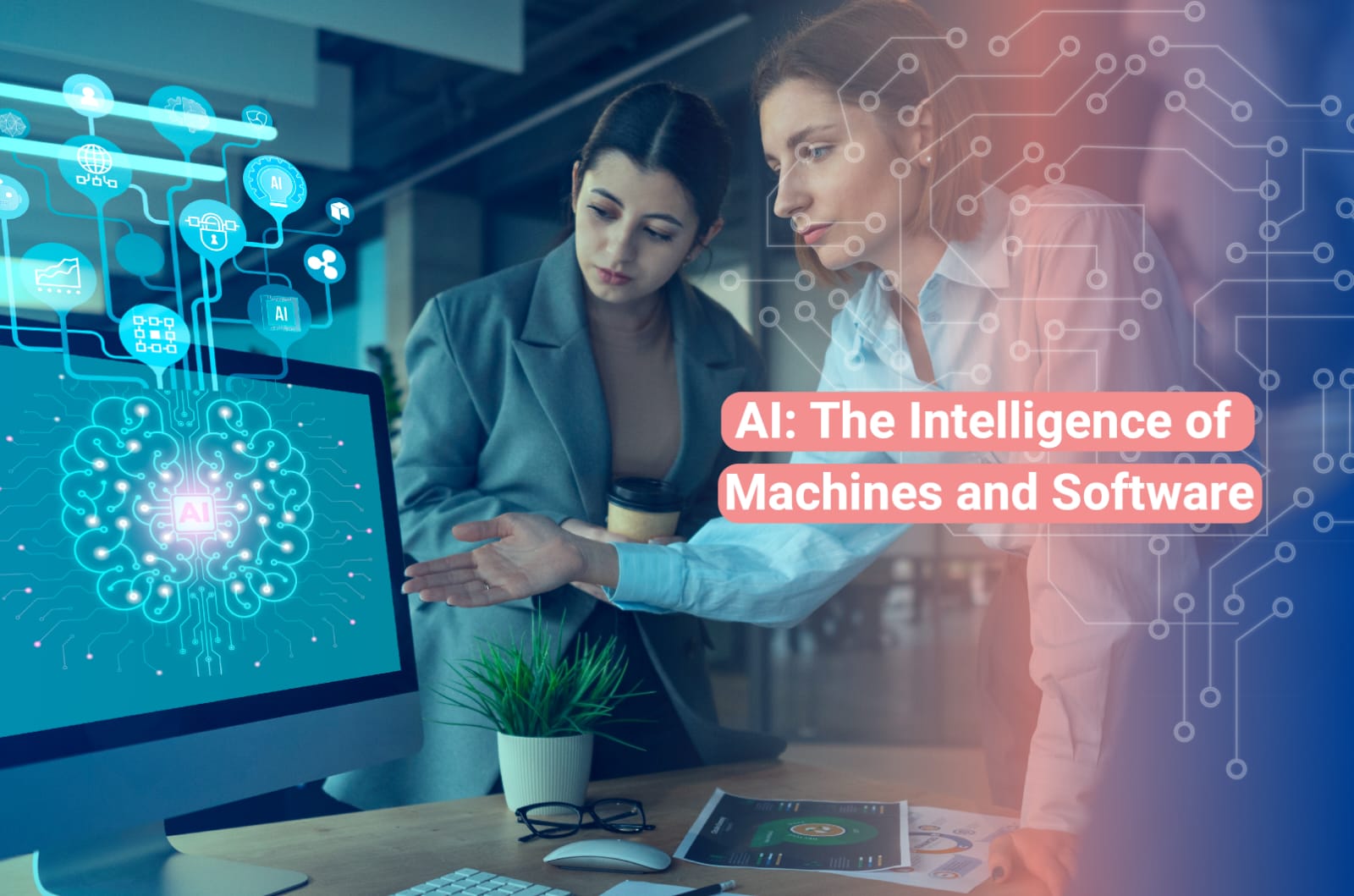Artificial intelligence (AI) is the intelligence of machines or software, as opposed to the intelligence of humans or animals. AI is a broad field of study that includes machine learning, deep learning, natural language processing, computer vision, robotics, and more. AI has become increasingly popular in recent years due to its ability to automate complex tasks and solve problems that would otherwise be too difficult for humans to solve.
The emerging field of neuro-symbolic artificial intelligence attempts to bridge the two approaches. Neuro-symbolic AI combines the strengths of both approaches to create a system that can learn from data, reason with symbols, and make decisions. This approach has been used to create systems that can accurately diagnose diseases, predict customer behavior, and even identify objects in images.
DeepMind in the 2010s developed a “generalized artificial intelligence” that could learn many diverse Atari games on its own. This was a major breakthrough in the field of AI, as it showed that machines could learn to play games without any human intervention. This breakthrough has led to further research into AI, including the development of reinforcement learning algorithms that can learn to play complex games like Go and Chess.
AI has also been used to explore the nature of human subjectivity. Dick considers the idea that our understanding of human subjectivity is altered by technology created with artificial intelligence. This idea is explored in films such as Artificial Intelligence and Ex Machina, as well as the novel Do Androids Dream of Electric Sheep?, by Philip K. Dick. It is also typically the central question at issue in artificial intelligence in fiction.
The development of AI has faced many challenges over the years. In the 1960s and 1970s, Minsky’s and Papert’s book Perceptrons was understood as proving that artificial neural networks would never be useful for solving real-world tasks, thus discrediting the approach altogether. This false belief was only debunked in the 1980s when the backpropagation algorithm was developed. This algorithm allowed neural networks to learn from their mistakes and become more accurate.
AI has also been used in a variety of media, including films such as A.I [182] There have been many cases where a machine learning program passed rigorous tests, but nevertheless learned something different than what the programmers intended. Another machine learning system designed to help effectively allocate medical resources was found to classify patients with asthma as being at “low risk” of dying from pneumonia.
AI technology has also been used to create businesses and products that can benefit humanity. OpenAI, for example, is a company that is dedicated to creating responsible AI technology. They are governed by a nonprofit and their unique capped-profit model drives their commitment to safety. This means that as AI becomes more powerful, they can redistribute profits from their work to maximize the social and economic benefits of AI technology.
Google has also been a major player in the development of AI technology. Their mission has always been to organize the world’s information and make it universally accessible and useful. They are excited about the transformational power of AI and the helpful new ways it can be applied. From research that expands what’s possible, to product integrations designed to make everyday things easier, and applying AI to make a difference in the lives of those who need it most- they are committed to responsible innovation and technologies that benefit all of humanity.
Microsoft has also been involved in the development of AI technology. They have developed a variety of AI solutions that can be applied to different scenarios and processes. These solutions can help organizations boost productivity, optimize efficiency, and create new value.
AI is an ever-evolving field of technology that has the potential to revolutionize the way we do things. It has been used to automate complex tasks, solve problems, and explore the nature of human subjectivity. AI has also been used to create businesses and products that can benefit humanity. Companies such as OpenAI, Google, and Microsoft have been major players in the development of AI technology, and have committed to responsible innovation and technologies that benefit all of humanity.
